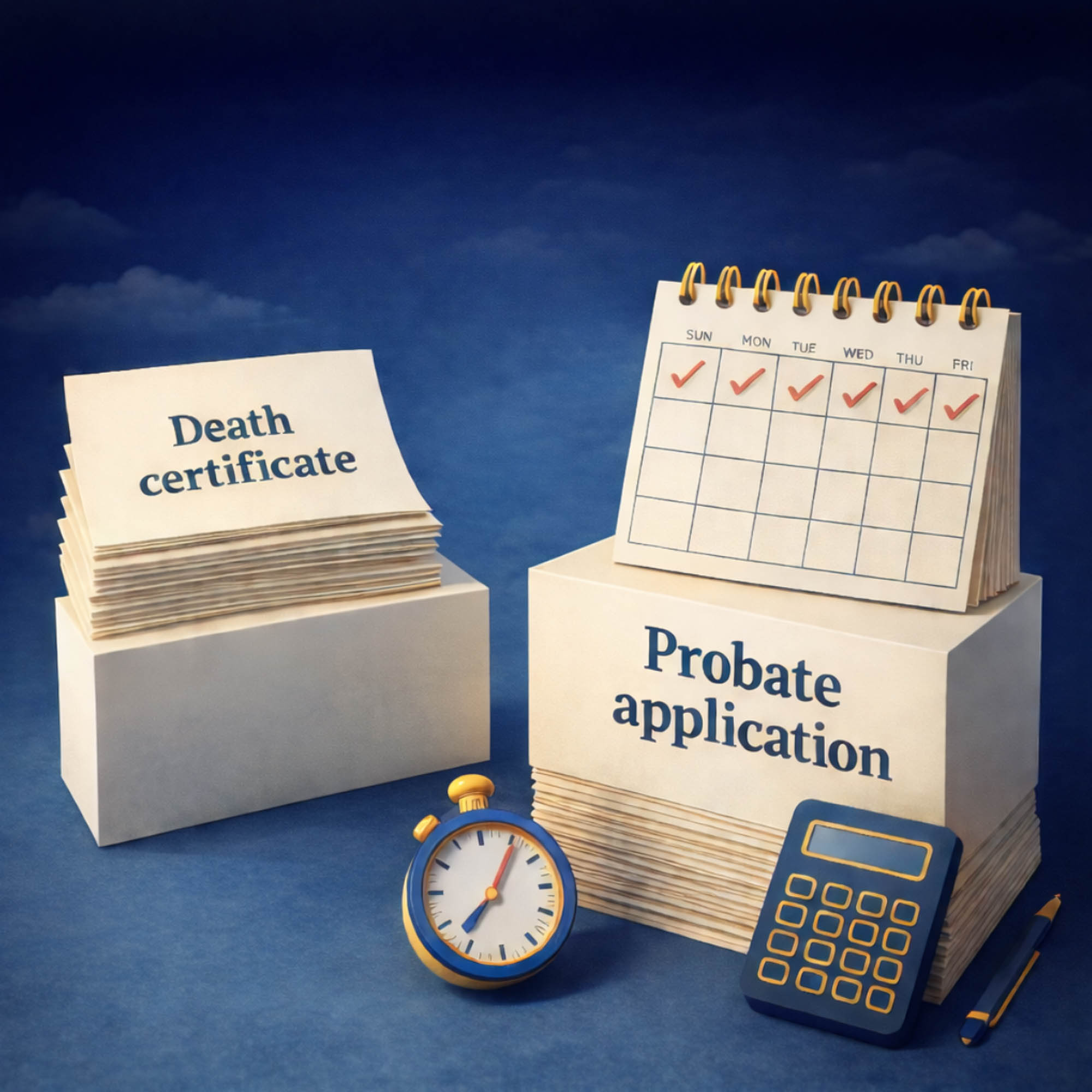In May 2025, the Law Commission published its long-awaited final report, Modernising Wills Law, proposing the most significant overhaul of wills legislation in England and Wales since the Wills Act 1837.
At White Deer Legal, we welcome these forward-thinking reforms, which aim to enhance testamentary freedom, protect vulnerable individuals, and align the law with contemporary societal and technological developments.
Key Recommendations from the Law Commission
1. Introduction of Electronic Wills
Recognising the digital evolution of society, the Commission recommends legalising electronic wills. This would allow wills to be created and stored digitally, provided they meet stringent safeguards to ensure authenticity and prevent fraud.
2. Abolition of Automatic Revocation upon Marriage
Currently, marriage or civil partnership automatically revokes an existing will. The Commission proposes abolishing this rule to prevent situations where vulnerable individuals are coerced into marriage, leading to unintended disinheritance of prior beneficiaries.
3. Lowering the Minimum Age to Make a Will
The minimum age to create a will would be reduced from 18 to 16, acknowledging that individuals at 16 can make significant life decisions and may have assets or dependents to consider.
4. Modernising the Test for Testamentary Capacity
The outdated Banks v Goodfellow test from 1870 would be replaced with the Mental Capacity Act 2005 framework, providing a more contemporary and medically informed standard for assessing an individual’s capacity to make a will.
5. Empowering Courts to Address Undue Influence
To better protect testators, courts would be granted the authority to infer undue influence based on reasonable grounds, even without direct evidence, making it easier to challenge wills that may have been created under coercion.
6. Introducing a Dispensing Power for Wills
Courts would have the discretion to validate wills that do not meet formal requirements if there is clear evidence of the testator’s intentions, such as notes, recordings, or digital communications.
Implications for Estate Planning
These proposed reforms aim to make will-making more accessible and reflective of modern life. By embracing digital technologies and updating legal standards, individuals will have greater flexibility and protection in expressing their final wishes.
However, the introduction of electronic wills and the relaxation of formalities also necessitate robust safeguards to prevent fraud and ensure the authenticity of testamentary documents. Legal professionals will need to adapt to these changes, ensuring clients are adequately informed and protected.
Next Steps
The government’s initial response has been positive, acknowledging the need for modernization. The proposed draft bill will now undergo further scrutiny and consultation before any legislative changes are enacted.
At White Deer Legal, we are committed to staying up-to-date of these developments to provide our clients with informed and up-to-date estate planning advice. If you have questions about how these proposed changes might affect your will or estate planning, please contact us for a consultation.
For more information, you can access the full Law Commission report here.




